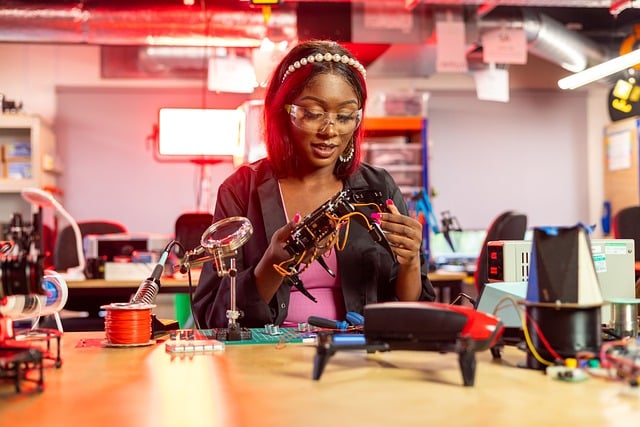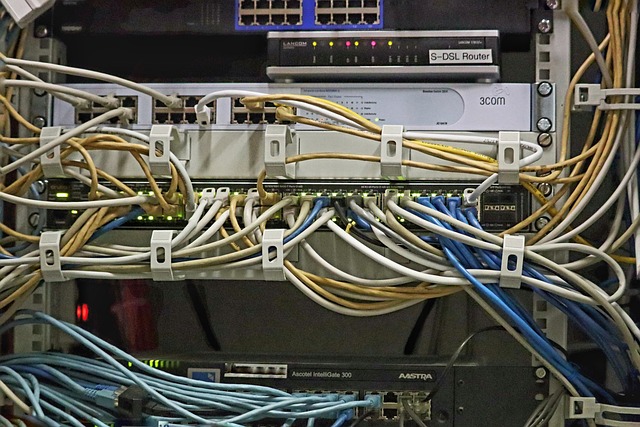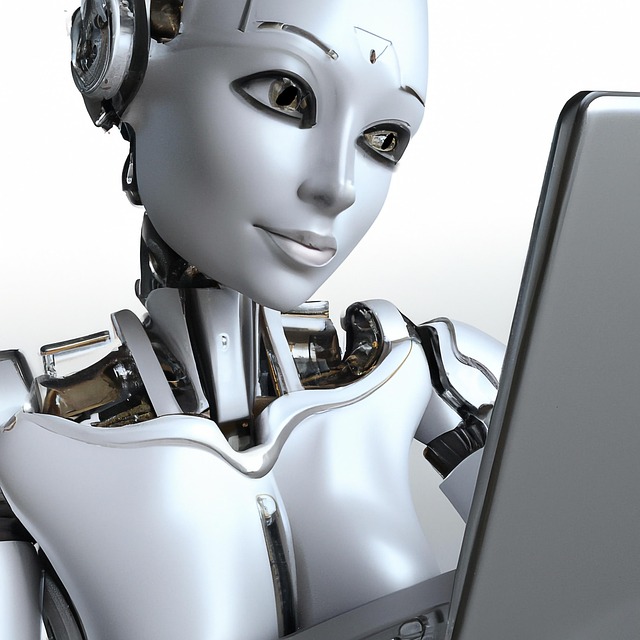# The Future of AI Technology: Innovations That Will Redefine Our World and Everyday Interactions
Artificial Intelligence (AI) is poised to transform our lives in ways that were once the realm of science fiction. As we stand on the brink of a new era driven by technological advancements, it is essential to explore the innovations that will redefine our world and our everyday interactions. From enhancing productivity to creating personalized experiences, AI technology promises to reshape industries and the way we communicate, work, and live.
## Revolutionizing Industries with Intelligent Automation
The rise of intelligent automation is a significant trend that is changing the landscape of various industries. Automation, powered by AI, enables machines to perform tasks that traditionally required human intelligence. This transformation is particularly evident in manufacturing, where robotics and AI algorithms streamline production processes, reduce errors, and enhance efficiency. Factories are increasingly integrating AI systems that can analyze data in real-time, allowing for predictive maintenance and minimizing downtime.
Moreover, the healthcare sector is witnessing a remarkable shift due to AI innovations. Machine learning algorithms are being utilized to analyze vast amounts of medical data, leading to improved diagnostics and personalized treatment plans. For instance, AI can now predict patient outcomes based on historical data, enabling healthcare providers to make informed decisions. As a result, patient care is becoming more precise and efficient, ultimately saving lives.
In the financial sector, AI is redefining how transactions are processed and risks are assessed. Financial institutions are employing AI-driven analytics to detect fraudulent activities in real-time, safeguarding both the organization and its customers. Additionally, robo-advisors are gaining traction, providing personalized investment advice based on individual financial goals and risk tolerance. This level of automation not only enhances operational efficiency but also democratizes access to financial services.
## Enhancing Human-Machine Interaction
The way we interact with machines is evolving dramatically, thanks to advancements in natural language processing (NLP) and computer vision. Conversational AI systems, such as chatbots and virtual assistants, are becoming increasingly sophisticated, enabling more seamless interactions between humans and machines. These systems can understand and respond to human language with remarkable accuracy, making them invaluable in customer service and support.
Voice-activated technologies are also changing the dynamics of human-machine interaction. Smart speakers and voice assistants, such as Amazon’s Alexa and Apple’s Siri, are now integral parts of many households. These devices not only perform tasks but also learn from user preferences, creating a more personalized experience. As NLP continues to advance, we can expect even more intuitive interactions that feel almost human-like.
Furthermore, computer vision technologies are enhancing the way we perceive and interact with our environment. From facial recognition systems to augmented reality applications, AI is enabling machines to interpret visual data in real-time. This capability has profound implications for various sectors, including retail, where businesses can analyze customer behavior and preferences through video analytics. As a result, personalized marketing strategies are becoming more effective, fostering deeper connections between brands and consumers.
## Shaping a Sustainable Future with AI
Sustainability is a critical concern for our planet, and AI technology is emerging as a powerful ally in addressing environmental challenges. Innovative applications of AI are being developed to optimize resource management and reduce waste. For instance, smart grids powered by AI can analyze energy consumption patterns and adjust supply accordingly, leading to more efficient energy use and reduced carbon emissions.
In agriculture, AI-driven solutions are revolutionizing farming practices. Precision agriculture utilizes AI to analyze soil data, weather patterns, and crop health, enabling farmers to make data-driven decisions that enhance yield while minimizing resource consumption. Drones equipped with AI technology can monitor crop health and identify areas needing attention, ultimately leading to more sustainable farming practices.
Moreover, AI is playing a pivotal role in climate modeling and prediction. By analyzing vast datasets, AI algorithms can provide insights into climate trends and help policymakers make informed decisions. This capability is crucial for developing effective strategies to combat climate change and protect our ecosystems. As we move forward, the integration of AI in sustainability efforts will be vital in creating a greener, more sustainable future.
## Conclusion: Embracing the AI-Driven Future
Looking ahead, the future of AI technology is filled with promise and potential. Innovations in intelligent automation, human-machine interaction, and sustainability are just the tip of the iceberg. As we embrace these advancements, it is crucial to consider the ethical implications and ensure that AI is developed responsibly. The integration of AI into our daily lives will undoubtedly bring about significant changes, but it is our responsibility to guide these developments to benefit society as a whole.
As organizations and individuals alike adapt to this evolving landscape, collaboration will be key. By fostering partnerships between technologists, policymakers, and the public, we can harness the power of AI to create a future that is not only technologically advanced but also equitable and sustainable. The innovations on the horizon will redefine our interactions, enhance our productivity, and ultimately shape a world where technology and humanity coexist harmoniously. Embracing this AI-driven future will require open-mindedness, adaptability, and a commitment to leveraging technology for the greater good.











